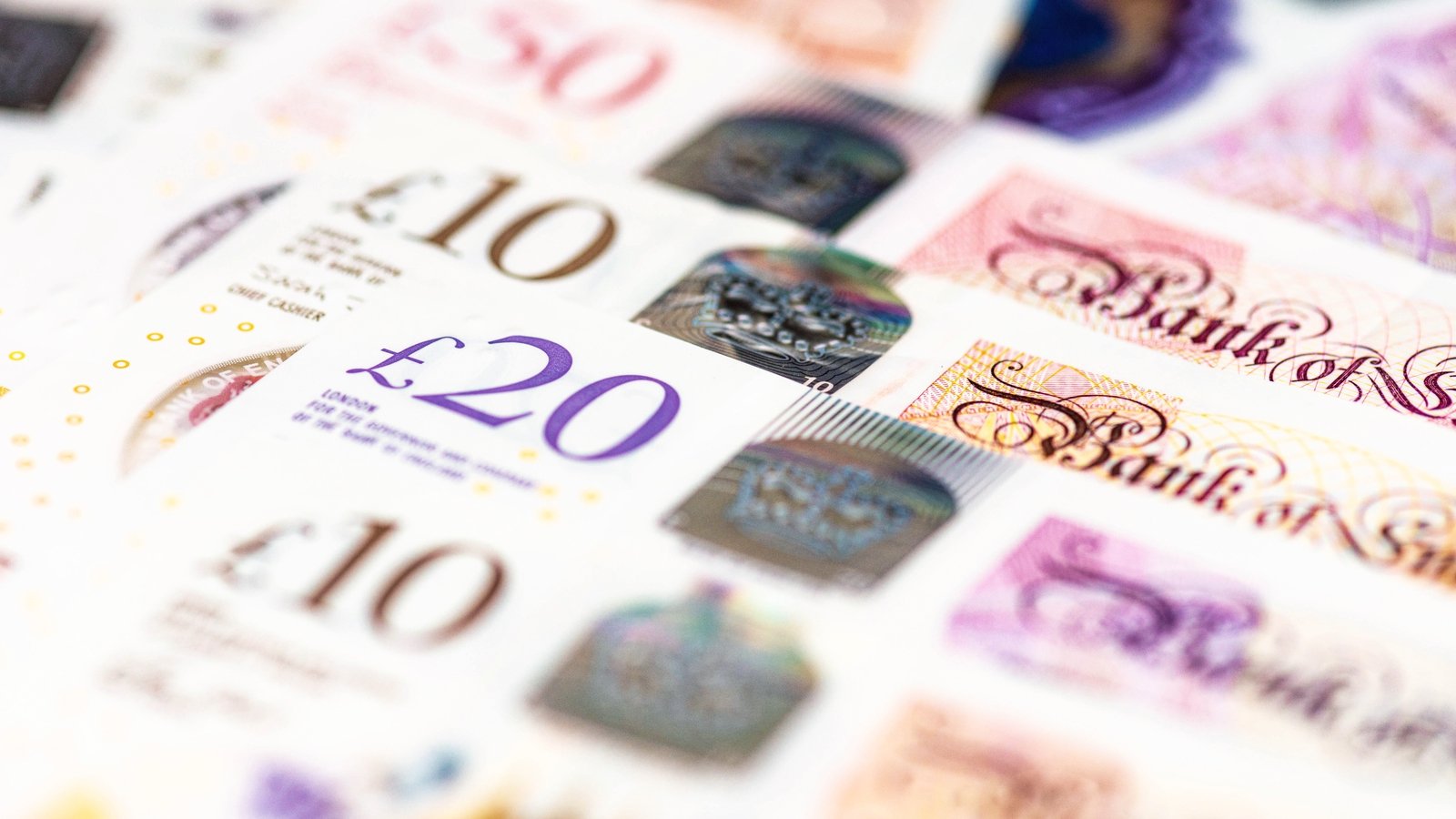Britain’s economy shrank for a second month in October in the run-up to the new government’s first budget, the first back-to-back falls in output since the onset of the Covid-19 pandemic.
Gross domestic product shrank 0.1% month-on-month in October, as it did in September, the Office for National Statistics said.
It was the first consecutive drop in monthly GDP – which is volatile and prone to revision – since March and April 2020, when Britain enforced its first coronavirus lockdown.
Economists polled by Reuters had forecast a monthly expansion of 0.1%.
The services sector flatlined, while output in the manufacturing and construction industries declined in October.
Today’s data adds to a run of worse-than-expected figures for Britain’s economy, with business surveys and retail sales readings also falling flat.
“While the figures this month are disappointing, we have put in place policies to deliver long-term economic growth,” finance minister Rachel Reeves said in a statement.
Her budget statement on October 30 imposed large tax rises on businesses. Its direct impact will be felt in GDP data from November onwards.
An ONS statistician said there was “mixed” anecdotal evidence for the budget impact, with some firms saying turnover had been affected by customers waiting for Reeves’ announcement. Others brought forward activity.
Sterling fell by around a quarter of a cent against the US dollar. Investors continued to price in around three quarter-point cuts in Bank of England interest rates by the end of next year.
“We don’t think the economy is weak enough to prompt the Bank to follow November’s rate cut with another cut at next Thursday’s December meeting,” said Paul Dales, chief UK economist at consultancy Capital Economics.
“That said, we’re not as confident about that as we were before this data release,” he added.
Last month, the Bank of England trimmed its annual growth forecast for 2024 to 1% from 1.25% but predicted a stronger 2025 with 1.5% growth, reflecting a short-term boost to the economy from the big-spending budget plans of finance minister Rachel Reeves.
Britain’s economic output has grown slowly since the Covid-19 pandemic. Only Germany, which was also hit hard by surging energy costs after Russia’s invasion of Ukraine, has done noticeably worse among the largest advanced economies.
Earlier this month Prime Minister Keir Starmer confirmed that it was his ambition for Britain to have the fastest per capita growth in gross domestic product among the Group of Seven advanced economies.

